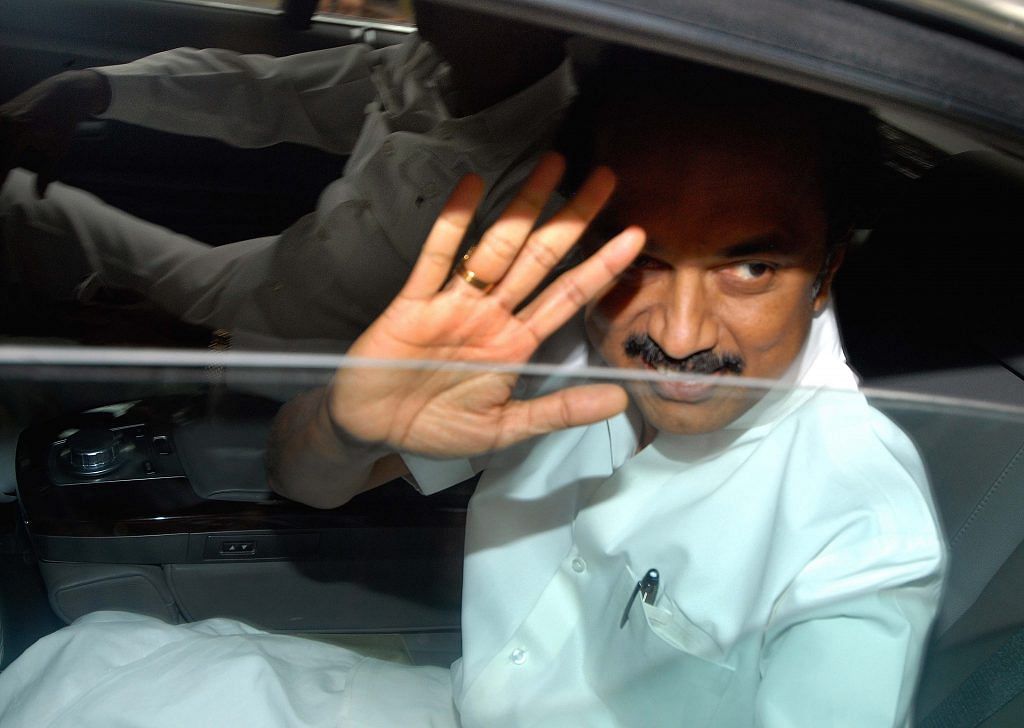The 2G scam was a real scam– and if it wasn’t for CAG, media, India would have had many more crony capitalists today than there were then.
Ten years ago, as a rookie MP, I had drawn Prime Minister Dr Manmohan Singh’s attention to the rot and scam around the spectrum allocation in the telecom sector. Perhaps because I was a lone independent voice in Parliament, my views and warnings were brushed aside, and the 2G Scam train rolled on without pause or change in direction.
Most media commentary supported the UPA’s strange first-come-first-served way of allocating the spectrum. This was a process wherein dubious companies with no telecom experience were being allowed to get slices of the spectrum at 2001 prices, and flip it to foreign companies to make huge windfall profits without building even a network– like Unitech did with Telenor or Swan did with Etisalat.
But my unrelenting pressure did work eventually, and the UPA government had to agree to the 3G spectrum being auctioned– despite a big campaign run by existing telcos that this valuable 3G spectrum should be given to them without any auctions. This too was supported by many worthies in the media.
This 3G spectrum auction netted the government Rs 70,000 crore or more, and alerted India and the CAG to the enormous value that the 2G spectrum represented, and had been given away for peanuts.
The CAG report in 2010 let the proverbial cat out of the bag, and from that moment on, the UPA government was on the back foot to defend its actions. It led the CBI to file the charge sheet, and led Kapil Sibal to utter the now-infamous ‘zero loss’ statement, where he tried to spin the government out of this corruption quicksand.
In February 2012, the Supreme Court had the last word on this by cancelling all 122 licences for being “illegal”. It held that there was a fundamental flaw in the first-come-first-served principle, inasmuch as it “involves an element of pure chance or accident… In matters involving award of contracts or grant of licence or permission to use public property, the invocation of the first-come-first-served principle has inherently dangerous implications”.
The Supreme Court also held that only auctions should be used to allot scarce natural resources like spectrum. This judgment of the Supreme Court was upheld after a Presidential reference was made to it.
The case in the CBI court that was ruled on today related to the criminal conspiracy angle to the 2G scam. Since it was clear that windfalls were made by some corporates at the cost of the exchequer, the question of who the conspirators were in the government enabling this scam needed an answer.
The judge ruled in his 1,552-page judgment that the prosecution had failed to make a case of criminal conspiracy against A. Raja, Kanimozhi et al.
Today’s judgment may have disappointed some. But it simply means that the investigating agencies failed to prove their case of criminal conspiracy against accused, along with the companies involved, either because of sloppy prosecution or sloppy investigation of the crimes. Investigating agencies must appeal and do a better job of prosecution.
A quick reading of some parts of the judgment raises more questions than it answers about the conspiracy. Despite the Congress’s enthusiastic spin– headed by who else but Kapil Sibal – this judgment doesn’t at all exonerate the UPA government’s policies of spectrum giveaway, nor does it supersede the Supreme Court judgment of February 2012.
The 2G scam was a real scam– and if it wasn’t for CAG, media and many people who collectively exposed this, India would have had many more crony capitalists today than there were then. Our system would still be scamming, unafraid of consequences.
As a Congress minister famously said after the Coalgate scam, “public memory is short”. I think not!
Rajeev Chandrasekhar is an NDA MP and an investor in Republic TV.
